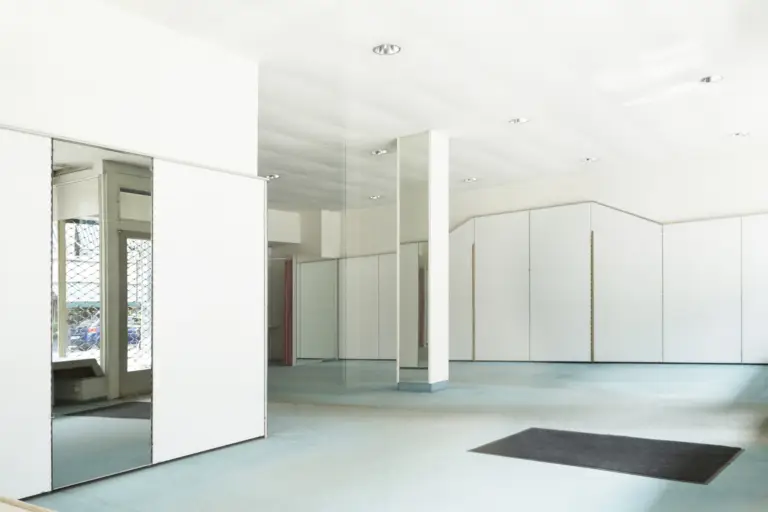Commercial construction is a dynamic and demanding field that plays a pivotal role in shaping the business landscape. From office buildings and shopping centers to hotels and industrial facilities, commercial construction projects are diverse, complex, and essential for economic growth. In this article, we’ll delve into the key factors that contribute to the success of commercial construction projects.
To view AH Construction’s projects click HERE
1. Comprehensive Planning and Design:
The foundation of a successful commercial construction project lies in comprehensive planning and design. It’s crucial to establish a clear vision and purpose for the structure. This includes defining the project’s scope, budget, and timeline, as well as architectural and engineering considerations. A well-thought-out design and plan ensure that the project progresses smoothly and efficiently.
2. Regulatory Compliance:
Navigating the maze of building codes, permits, and regulations is a critical aspect of commercial construction. Compliance with local, state, and federal regulations is non-negotiable. A knowledgeable team that understands the legal requirements and is adept at obtaining the necessary permits is essential to avoid costly delays and legal issues.
3. Skilled Workforce:
Commercial construction projects require a skilled and coordinated workforce. From architects and engineers to project managers and tradespeople, assembling the right team is vital. Each individual should be experienced in commercial construction and dedicated to the project’s success. Collaboration and effective communication among team members are equally important.
4. Quality Materials and Suppliers:
The quality of materials used in commercial construction projects directly impacts the structure’s durability and long-term performance. Sourcing materials from reputable suppliers who provide high-quality products is a must. Careful selection of materials, including considerations for energy efficiency and sustainability, can enhance the building’s value.
5. Efficient Project Management:
Commercial construction projects involve a multitude of moving parts. Effective project management is the glue that holds everything together. Project managers play a central role in scheduling, budgeting, resource allocation, and risk management. Their ability to keep the project on track and within budget is essential.
6. Safety First:
Safety is a top priority in commercial construction. The welfare of the workforce, site visitors, and the public must be safeguarded at all times. Strict adherence to safety protocols, training programs, and the use of appropriate safety equipment are critical to prevent accidents and injuries.
7. Regular Inspections and Quality Control:
Quality control and regular inspections are vital to ensure that the project is built to the required standards. These checks identify any deficiencies or deviations from the plan and allow for timely corrections. High-quality workmanship should be a consistent goal throughout the construction process.
8. Sustainability and Efficiency:
As sustainability and energy efficiency gain prominence, commercial construction projects are increasingly focused on green building practices. Incorporating energy-efficient systems and sustainable materials not only reduces environmental impact but can also lead to cost savings in the long run.
Commercial construction is a complex and multifaceted industry. Successful projects require meticulous planning, adherence to regulations, a skilled team, and a commitment to quality and safety. From the initial design phase to the final construction, attention to detail and efficient project management are essential. In the ever-evolving world of commercial construction, adapting to new technologies and sustainable practices is key to creating structures that meet the demands of the modern business world.
To view AH Construction’s projects click HERE




